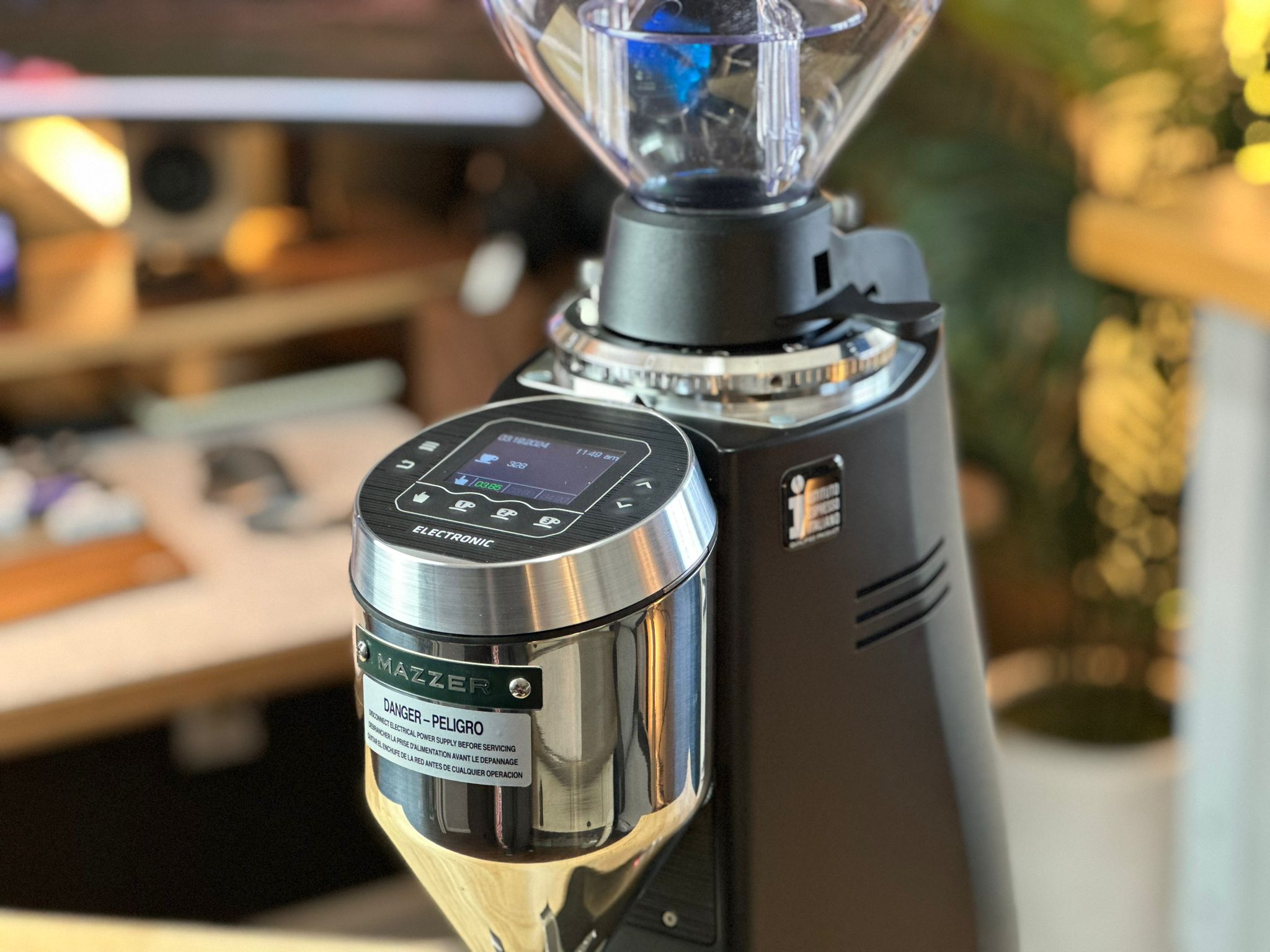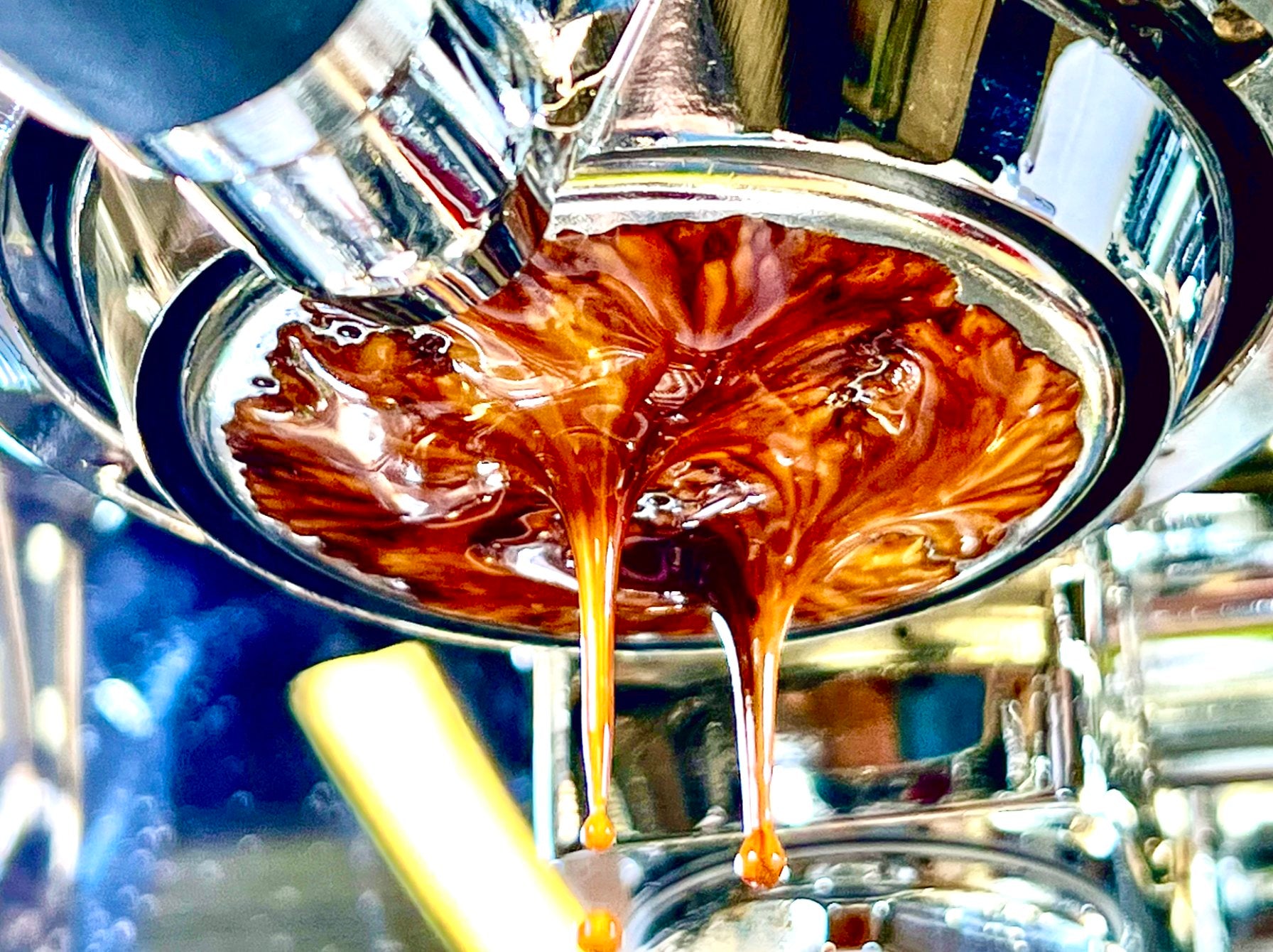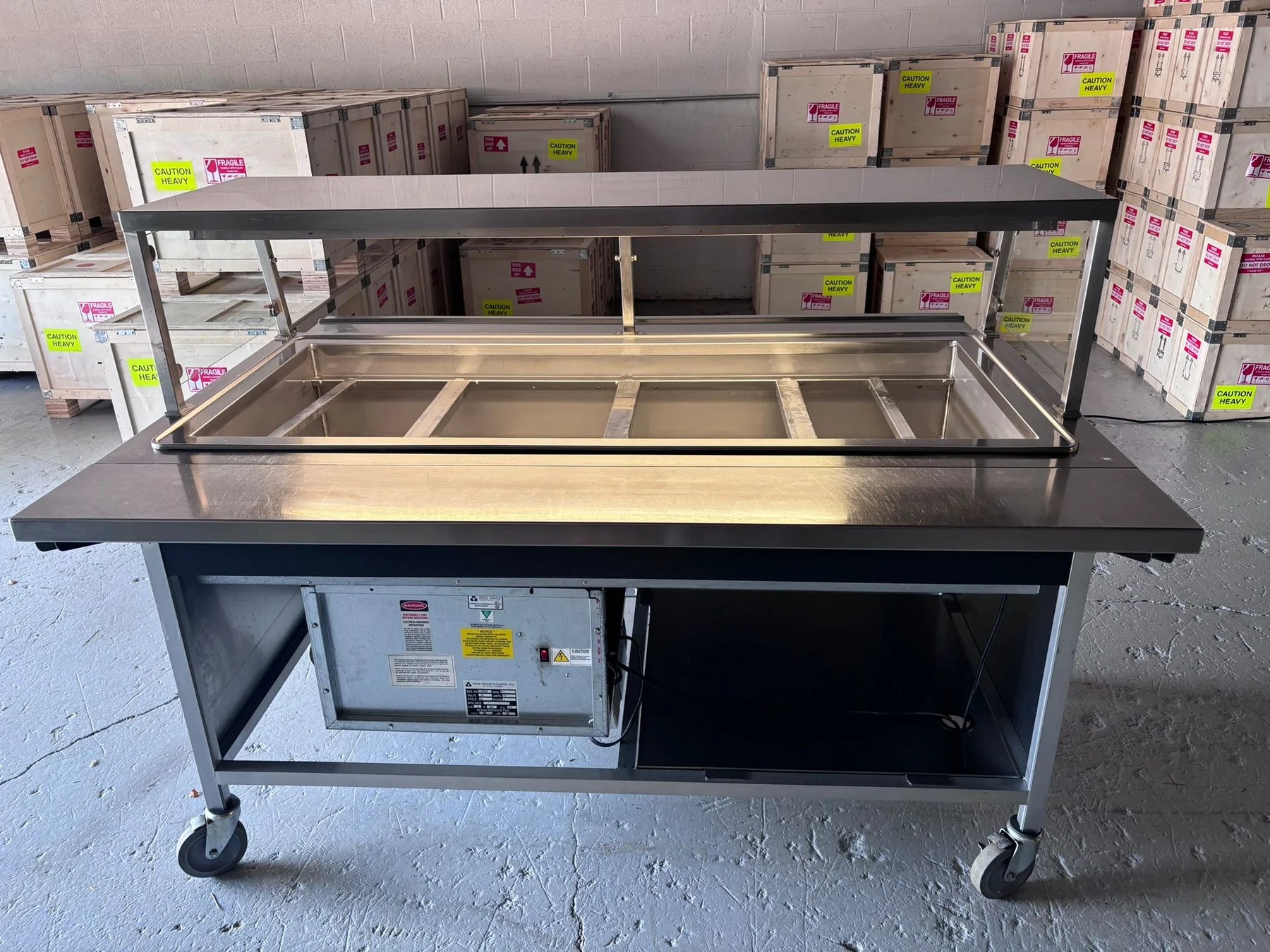How Does Fermentation In Coffee Processing Effect Flavor
Fermentation plays a crucial role in developing the flavor of coffee during its processing. This biochemical process, which occurs as microbes (primarily yeasts and bacteria) break down the sugars and other compounds in the coffee fruit, can enhance or influence the coffee's flavor profile in various ways. The fermentation process is primarily associated with washed (wet) and natural (dry) processing methods, but it can vary in intensity and effect depending on the conditions under which it occurs.
Key Ways Fermentation Affects Coffee Flavor:
1. Development of Acidity
Fermentation enhances the acidity of the coffee by breaking down the mucilage (a sticky layer surrounding the beans) and influencing the formation of organic acids like lactic acid and citric acid. These acids contribute to the bright, lively acidity found in many washed coffees, particularly those grown at high altitudes. Fermentation in washed processing generally leads to cleaner flavors with distinct citrus or berry notes
2. Increased Sweetness
- During fermentation, sugars in the mucilage are broken down, which can enhance the sweetness of the coffee beans. In methods such as honey processing, where part of the mucilage is left on the bean during drying, the extended fermentation process results in a final cup with higher sweetness and rich caramel-like flavors. The controlled breakdown of sugars during fermentation can also bring out complex flavors like honey, stone fruit, and chocolate
3. Fruitiness and Complexity
- The microbial activity during fermentation releases various flavor compounds that can enhance fruit-forward notes in coffee. In natural processing, where the entire coffee cherry is fermented with the pulp intact, the beans tend to develop bold berry-like, tropical fruit flavors, and even wine-like characteristics. These intense fruity notes are common in coffees from Ethiopia or Brazil processed naturally
4. Body and Mouthfeel
- Fermentation affects the body and mouthfeel of the coffee, often making it heavier and more rounded. This is especially evident in processes like wet-hulled coffee from Indonesia, where the beans undergo partial fermentation and result in a rich, syrupy texture with earthy or spicy notes. In washed processing, fermentation can lead to a cleaner, lighter body with more emphasis on the acidity
5. Formation of Fermentation Flavors
If fermentation is too long or uncontrolled, undesirable "over-fermented" flavors can develop. These can include sour, vinegary, or alcoholic notes, which are considered defects in most cases. However, controlled fermentation in specific conditions (temperature, time, microbial management) can produce unique and desirable flavors. This has led to experimentation with anaerobic fermentation (where fermentation occurs in an oxygen-free environment), which produces more complex, nuanced flavors ranging from tropical fruit to exotic spices
Table: Impact of Fermentation on Coffee Flavor
| Processing Method | Fermentation Type | Flavor Effects | Common Flavor Notes |
|---|---|---|---|
| Washed (Wet) Process | Controlled fermentation, washed | Clean flavors, high acidity, crispness | Citrus, floral, green apple, tea-like |
| Natural (Dry) Process | Long, uncontrolled fermentation | Bold fruitiness, heavier body, lower acidity | Blueberry, tropical fruit, wine-like |
| Honey Process | Partial fermentation | Sweetness, balanced acidity, medium body | Caramel, stone fruits, honey, subtle fruit |
| Anaerobic Fermentation | Fermentation without oxygen | Exotic, intense complexity, unusual flavor combinations | Tropical fruit, spices, berries, wine-like, herbal |
| Wet-Hulled Process | Brief fermentation, hulled wet | Earthy, heavy body, muted acidity | Earthy, herbal, tobacco, dark chocolate |
Conclusion
Fermentation has a profound impact on the final flavor of coffee, influencing its acidity, sweetness, body, and complexity. While traditional methods of fermentation are essential for producing classic flavor profiles like bright acidity or clean cups, modern techniques (like anaerobic fermentation) are pushing boundaries, creating new and exotic flavors. However, improper fermentation can also lead to defects in coffee, highlighting the need for careful control and management of the process to achieve the desired outcome


















